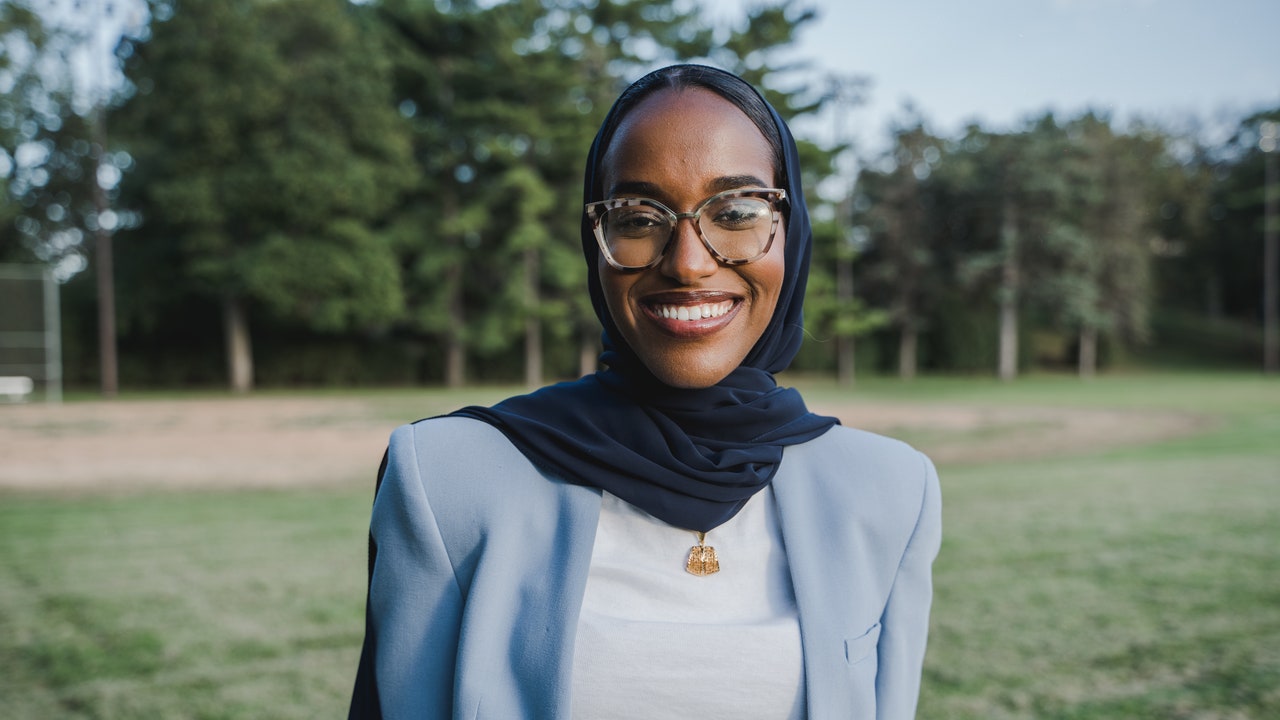Nabeela Syed was in high school when Donald Trump challenged her “a total and complete shutdown of Muslims entering the United States,” was elected to office. “As a blatantly Muslim Indian-American young woman, it was heartbreaking to see someone with such divisive rhetoric, such hateful language, being elected to public office,” she says Teen Vogue.
It lit a fire in her stomach. Today, the 23-year-old is an elected state representative for Illinois’ 51st House District. In the 2022 midterm election, Syed managed to turn over a Republican seat and make history; in January, when she takes office, she will be the youngest elected member of the Illinois General Assembly.
“This is my home; this is the only home I’ve ever known,” she says. “I didn’t want to allow the new wave of right-wing extremism to make me or others feel like I didn’t belong in a country that did too is ours.”
Syed joins a record number of Muslim Americans elected to local, state and federal offices in the midterm elections. The Council of American-Islamic Relations, a civil rights advocacy group, and Jetpac, a nonprofit organization focused on political representation for Muslims, said in a November report that Muslims won 83 seats, compared to 71 in 2020. Many of the candidates, like Syed, are in their 20s.
Somali-American Zaynab Mohamed, 25, made history with her election in Minnesota: she is one of three black women, the youngest woman and the first Muslim woman ever elected to the Minnesota Senate. In Maine, Mana Abdi, 26, became the first Somali-American legislator. During the campaign, it emerged that her Republican opponent had once posted on Facebook that Muslims “may not hold public office” He eventually dropped out of the race, letting Abdi run unchallenged. Ruwa Romman, 29, became the first Palestinian-American and Muslim-American to be elected to Georgia’s House of Representatives. Also in Ohio, Munira Abdullahi, 26, was elected to the state House of Representatives.
